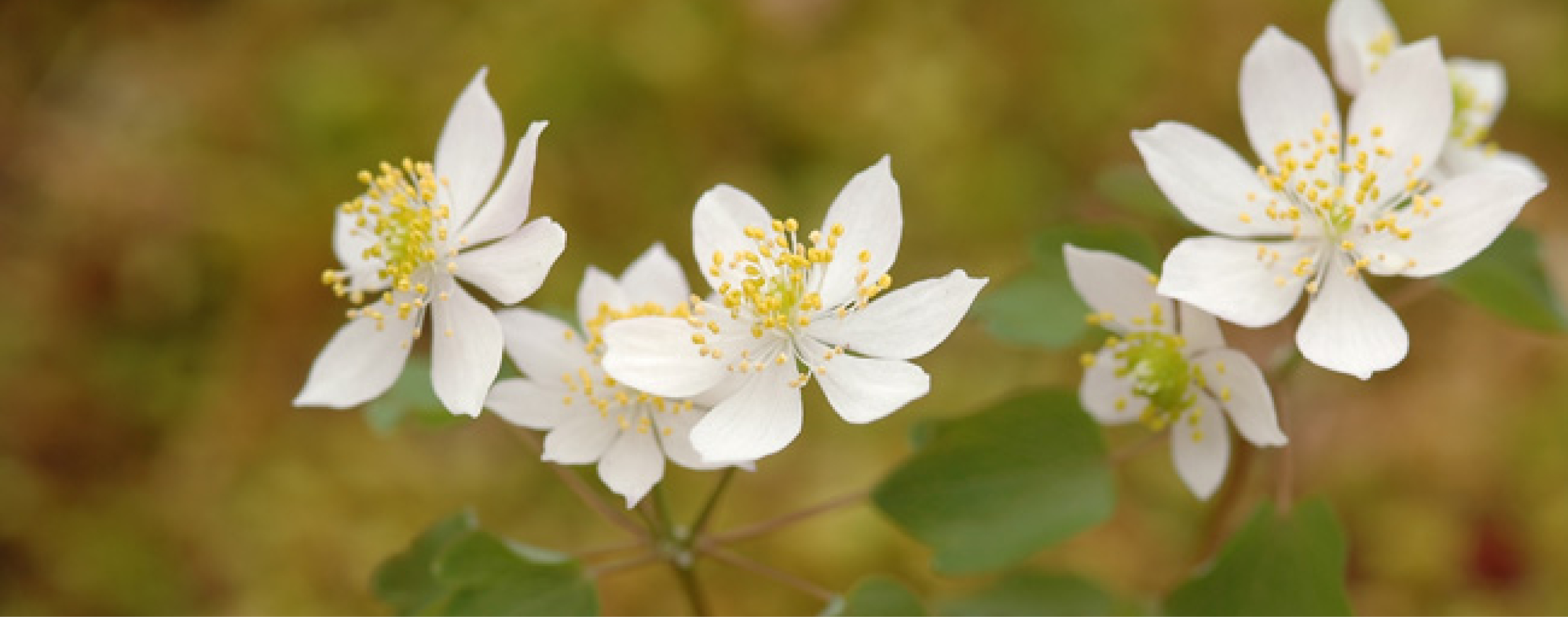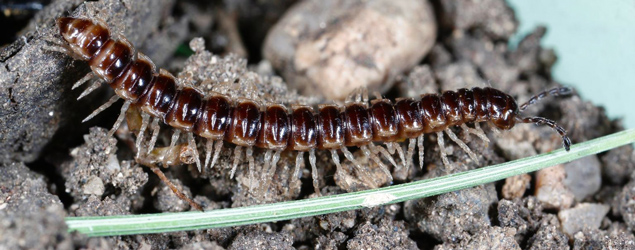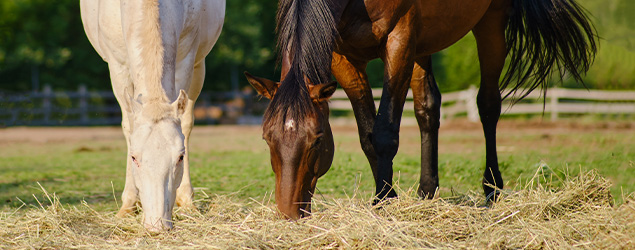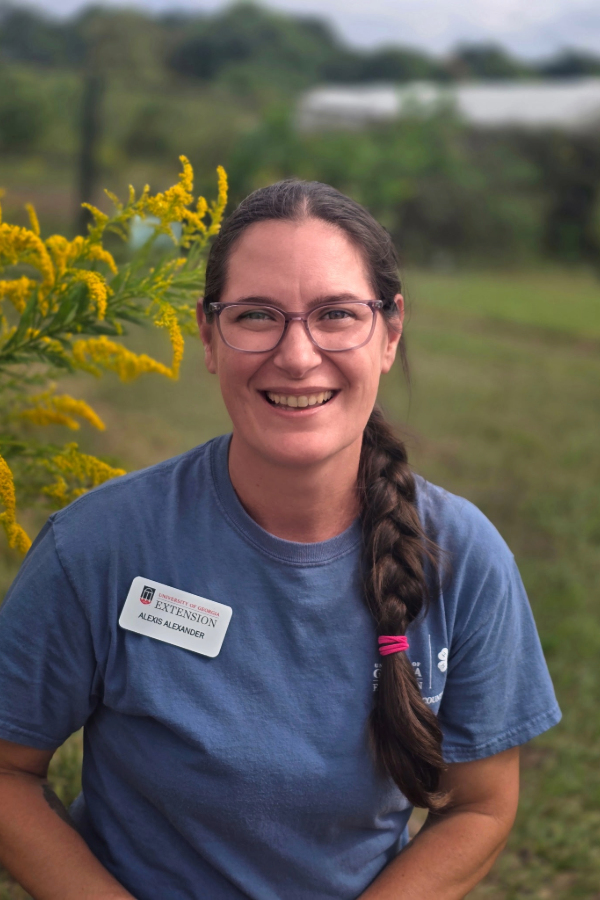Agriculture & Natural Resources
Our goal is to assist and educate local farmers, businesses, homeowners, gardeners and Master Gardener Extension Volunteers with information about plant identification, plant diseases, insect identification, pest control, soil and water testing.
Field Reports




Staff Listing
-
 Philip HensleyAdministration Agriculture & Natural Resources Interim County Extension Coordinator/ANR Agent
Philip HensleyAdministration Agriculture & Natural Resources Interim County Extension Coordinator/ANR Agent -





